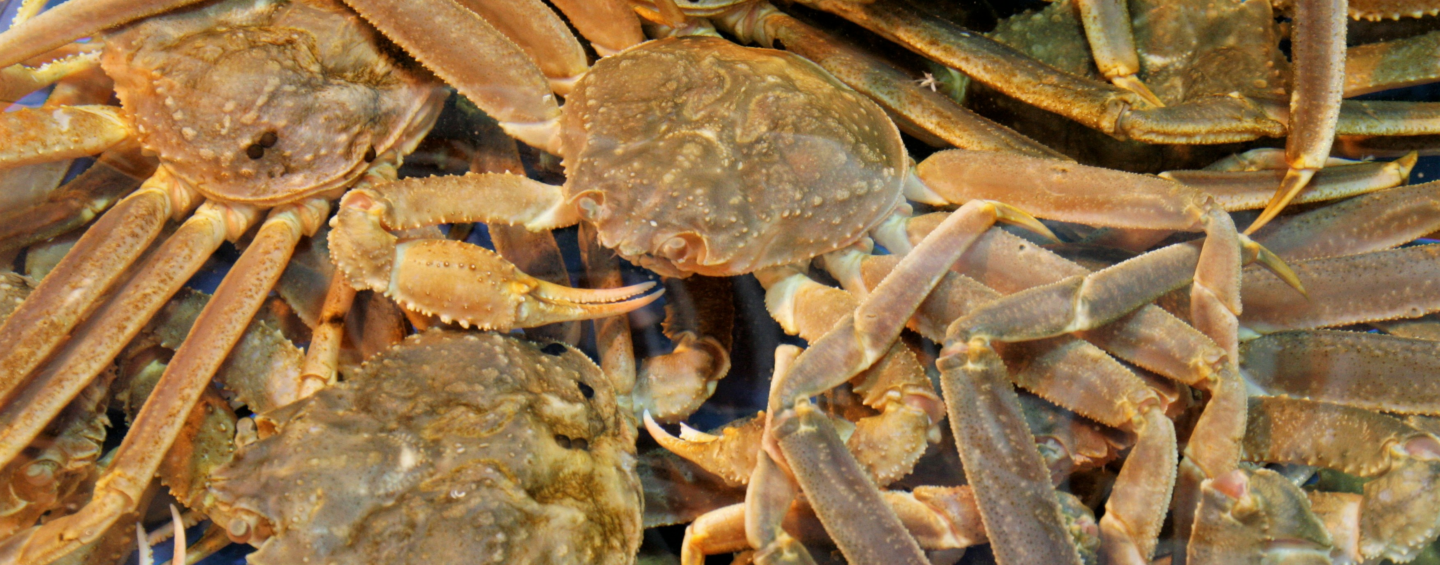The start of a new year always invites fresh thinking and here at SFP we have some big new ideas for 2016. We have been delighted by the runaway success of fishery improvement projects in recent years but we’re also aware of the strain this places on those companies that are actively supporting these projects. It’s just not possible for a busy seafood executive to go to five or ten separate FIP meetings and still maintain a commercial schedule and this could become a bottleneck for creating the hundreds of FIPs required in the future.
Given the recognition that we need to find a way to connect busy seafood companies with hundreds of improvement projects, we are placing a new emphasis this year on our Supply Chain Roundtables as an approach that will maximize efficiency and create the conditions for another wave of improvement activity.
In a nutshell, we’re essentially inviting first-tier suppliers to come together in a pre-competitive environment to form roundtables that can take an overview of different sectors. We already have these roundtables (or “SRs”) set up for common marine products like canned tuna, farmed shrimp, fishmeal and many others and we will create more as the need arises. You can see the current list of roundtables by clicking here.
Participants in roundtables will regularly review the performance of improvement projects (both for fisheries and aquaculture), identify those that are finding it hard to make progress and take measures to get them back on track. “Getting back on track” could mean any number of things, including using supplier tools such as control documents, engaging in fisheries management processes, influencing local associations, or investing in value-adding processing as a reward for FIP progress. The roundtables will also identify areas where new improvement projects are required and encourage producers to take action.
SFP has set up many of these roundtables, but not all; for instance, the (U.S.-based) National Fisheries Institute’s Crab Council is doing invaluable work in supporting improvement projects to create sustainable crab supplies. It would be great if one day all roundtables became industry-led and evolved into financially independent hubs where companies that share a common interest in particular kinds of seafood in specific regions could share knowledge and support improvement efforts.
If we want to take the current enthusiasm for achieving sustainable fisheries and aquaculture to a global scale we are going to need to get organized across the seafood industry and now is the time to start – roll out the roundtables!

